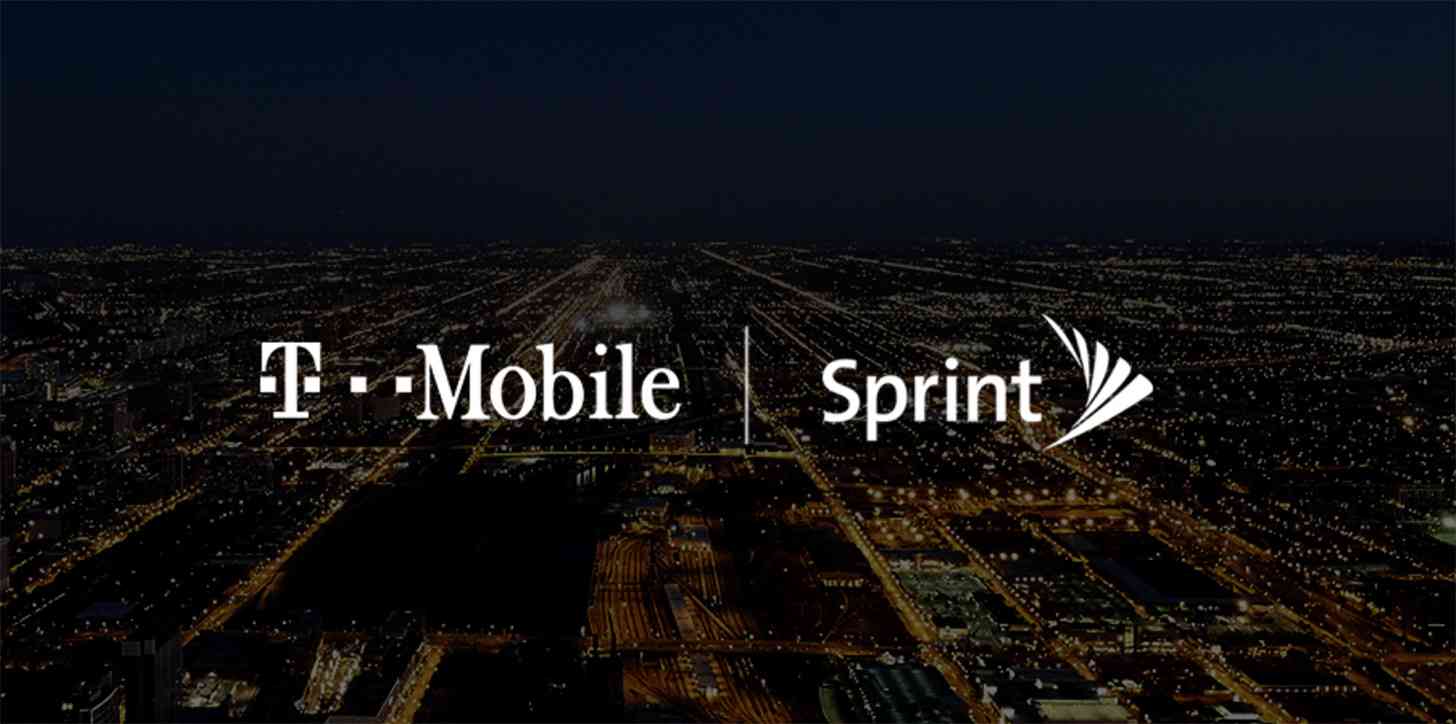
T-Mobile and Sprint today took another major step toward completing the merger that they announced last year.
The U.S. Department of Justice has announced its approval of the T-Mobile-Sprint merger. The DOJ today announced that a deal has been reached between T-Mo, Sprint, and Dish Network that'll help to make Dish the fourth major U.S. carrier, replacing Sprint after its merged with T-Mobile.
As part of the deal, Dish will buy all of Sprint's prepaid mobile businesses, including Boost Mobile, Virgin Mobile, and Sprint prepaid customers. In total, these include 9.3 million customers. Dish will pay approximately $1.4 billion.
T-Mobile will provide transitional services to Dish for up to three years after the close of this divestiture deal, helping to move Boost, Virgin, and Sprint prepaid customers to Dish and ensure that these businesses continue to run smoothly.
Additionally, Dish will pay around $3.6 billion for Sprint's portfolio of 800MHz spectrum. These airwaves will be moved to Dish three years after the closing of the T-Mobile-Sprint merger, which will give the new T-Mobile time to continue serving legacy Sprint customers during the network integration of the two carriers. The companies have agreed to provide the new T-Mobile with the option to lease back some of the spectrum sold to Dish for two years after the closing of the spectrum sale.
T-Mobile and Sprint have agreed to provide Dish with at least 20,000 cell sites and hundreds of retail stores to help get its wireless business going. T-Mobile will also provide Dish with "robust access" to the T-Mobile network for seven years while Dish builds out its own 5G network.
Dish is committing to network buildout schedules with its existing spectrum portfolio, which includes 600MHz and 700MHz E Block low-band spectrum as well as AWS-4 and AWS H Block mid-band spectrum. Dish's commitment includes plans to deploy a 5G network using those airwaves.
Today's agreement also requires Dish to use its spectrum to build out a 5G network that covers at least 70 percent of the U.S. population by June 14, 2023. If Dish doesn't reach this deadline, it'll pay the U.S. Treasury up to $2.2 billion.
While today's news does bring the T-Mobile-Sprint merger closer to completion, it's not finished quite yet. The merger is facing a lawsuit from 14 state attorneys general who have sued to block the merger over concerns that it will harm competition, reduce jobs, and raise prices for consumers.
In response to today's deal and the Justice Department's approval, New York Attorney General Letitia James said that the group of state AGs are still concerned about the merger. "We have serious concerns that cobbling together this new fourth mobile player, with the government picking winners and losers, will not address the merger’s harm to consumers, workers, and innovation," James said.
Despite that lawsuit, T-Mobile CEO John Legere remains optimistic that the merger will be completed, adding that he's willing to engage with the state AGs involved in the lawsuit. Legere says that T-Mobile and Sprint expect to get final regulatory approval for their merger in the third quarter of 2019 and that it's anticipated that the merger will be allowed to close before the end of the year.